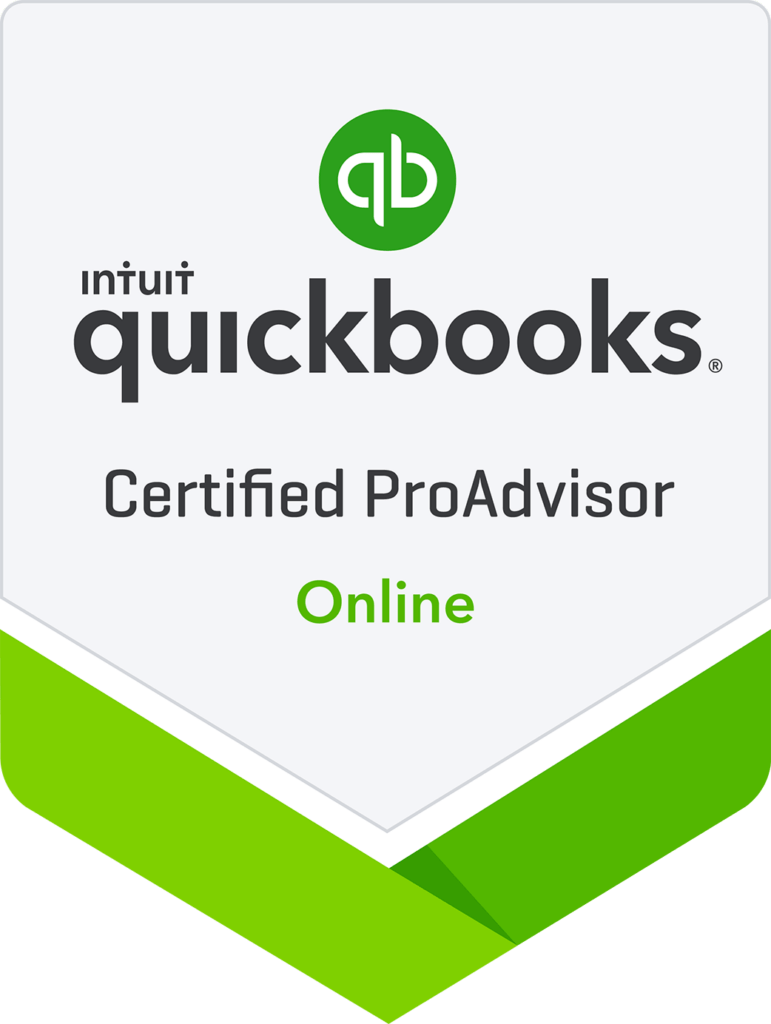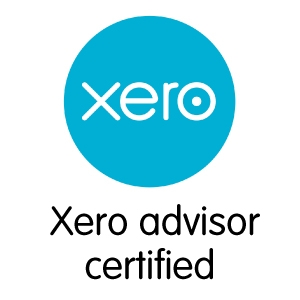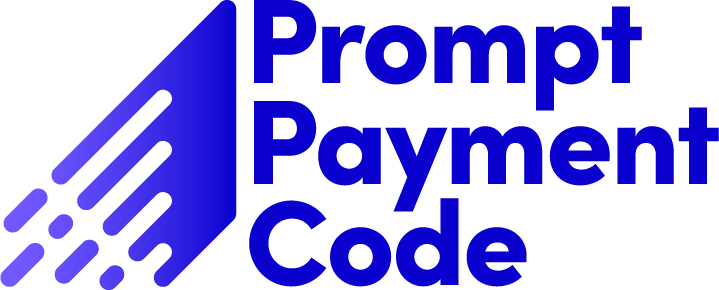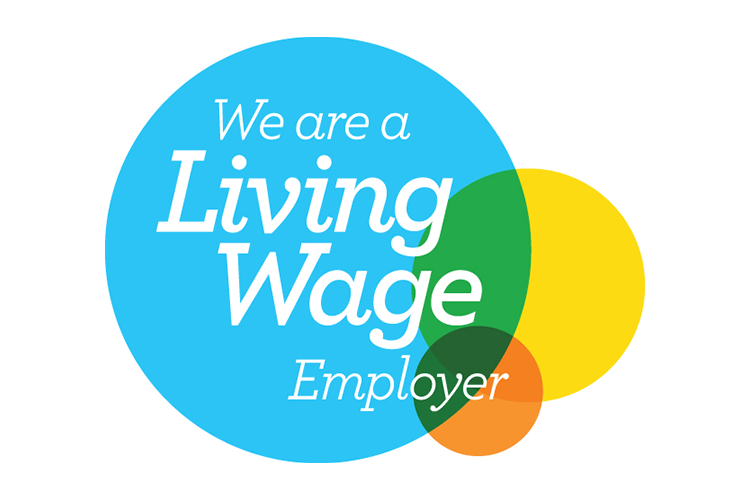How to avoid costly mistakes
As a business owner, it is important to have a clear understanding of tax laws and regulations in order to avoid costly mistakes. In this blog post, we will discuss some common tax mistakes that business owners should be aware of and provide tips on how to avoid them.
Failing to register for taxes
One of the most common tax mistakes made by small business owners is failing to register for taxes. If your business is earning over a certain amount, you are required to register for VAT and/or self-assessment tax returns. Failure to register can result in penalties and fines from HM Revenue & Customs (HMRC).
Incorrectly claiming expenses
Business expenses can be claimed to reduce your tax bill, but it is important to ensure that you are only claiming expenses that are necessary and relevant to your business. Failing to keep accurate records of your expenses can result in incorrect claims, which can lead to penalties and fines from HMRC.
Missing deadlines
Missing tax deadlines can result in costly penalties and interest charges. Make sure you are aware of all tax deadlines for your business, including VAT returns and self-assessment tax returns. Use a calendar or tax reminder service to ensure you never miss a deadline.
Incorrectly calculating taxes
Incorrectly calculating taxes is another common mistake made by businesses. Make sure you are using the correct tax rates and have accurate records of your income and expenses. Using accounting software or hiring an accountant can help ensure that your taxes are calculated correctly.
Failing to keep accurate records
Accurate record-keeping is crucial for business owners to ensure they are meeting their tax obligations. This includes keeping track of all income and expenses, as well as maintaining records of any business assets. Failing to keep accurate records can lead to incorrect tax calculations and penalties from HMRC.
To avoid these common tax mistakes, it is important to stay organised and keep accurate records. Consider using accounting software or hiring an accountant to help you manage your finances and ensure that you are meeting your tax obligations. Finally, make sure to stay up to date with any changes to tax laws and regulations in the UK. By taking these steps, you can avoid costly tax mistakes and focus on growing your business.












